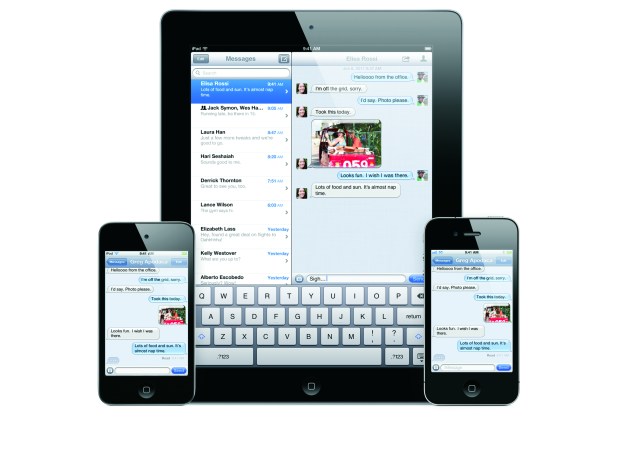
We think everyone saw this one coming, or maybe even assumed this already happened a year ago. Comscore officially released its numbers for smart phone usage, and it’s not looking good for RIM. The Canadian company has officially given up the number two spot to Apple for the most popular smartphone platform in the United States. In the last quarter, RIM dropped from 28.9-percent market share to 24.7 percent. This gave Apple the chance to leapfrog it, ending the quarter at 26.6-percent market share. Apple only increased its market share by 1.4 percent, but the huge loss for RIM opened the door for a change in position.
Not surprisingly, Google’s Android is continuing its domination of the smartphone world. Android’s market share increased 5.1 percent up to 38.1 percent of all smartphones used in the United States. Google and Apple were the only winners: RIM, Microsoft and Palm all lost ground. Nokia’s Symbian wasn’t even mentioned in the press release.
As for the handset makers, it is a closer battle for the number one spot. Currently, Samsung is the top dog with 24.8 percent of the smartphones in circulation. This isn’t hard to believe with its solid line of Android devices on the market, including the Droid Charge, Infuse, and soon-to-be-released Galaxy S II. Motorola, which launched the Droid X2 this quarter, remains in second place with 21.1 percent of the market.
It will be a very interesting rest of the year for the smart phone market. There are several big announcements and releases still to come. The Apple iPhone 4s/5 coming later this year, Microsoft’s partnership with Nokia, and the Samsung Galaxy S II will all be big factors in how the mobile landscape will look entering into 2012.



